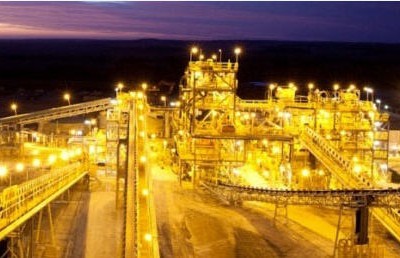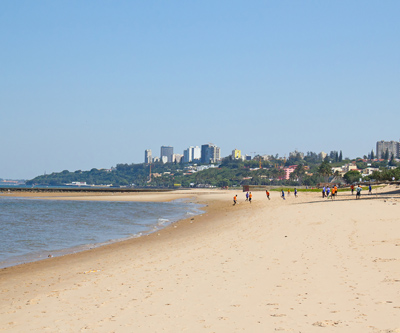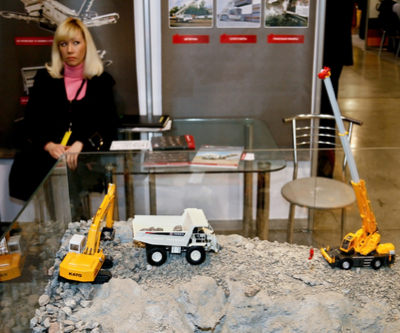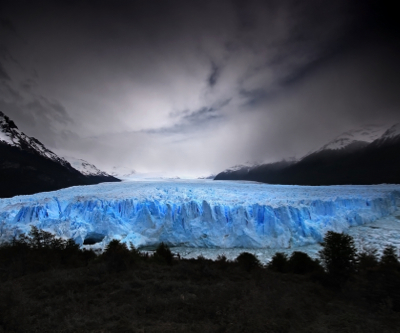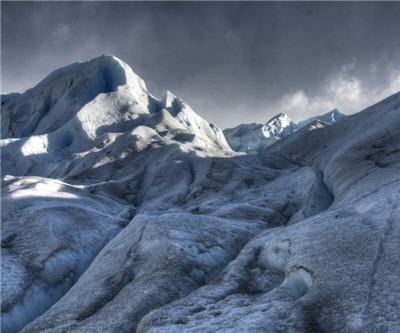Nationalization worries in South Africa, rating agencies may downgrade
On Wednesday, a day after after all three major global ratings agencies – Fitch, Moody's and Standard & Poor's – placed South Africa's credit rating on negative outlook, home affairs minister Nkosazana Dlamini-Zuma became the latest senior figure in the ruling ANC party to join a growing chorus calling for state control of mining.

